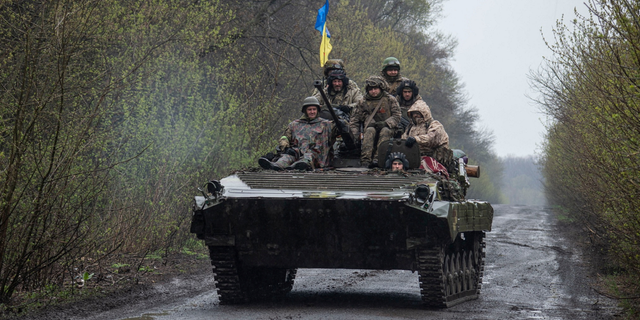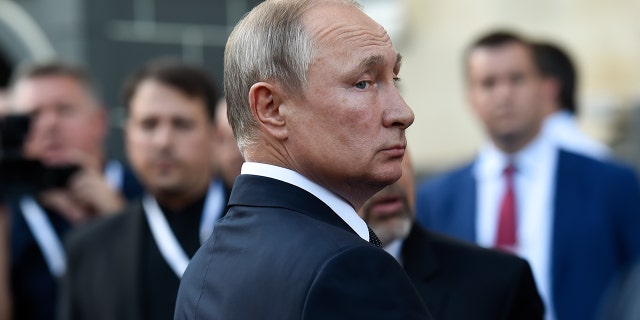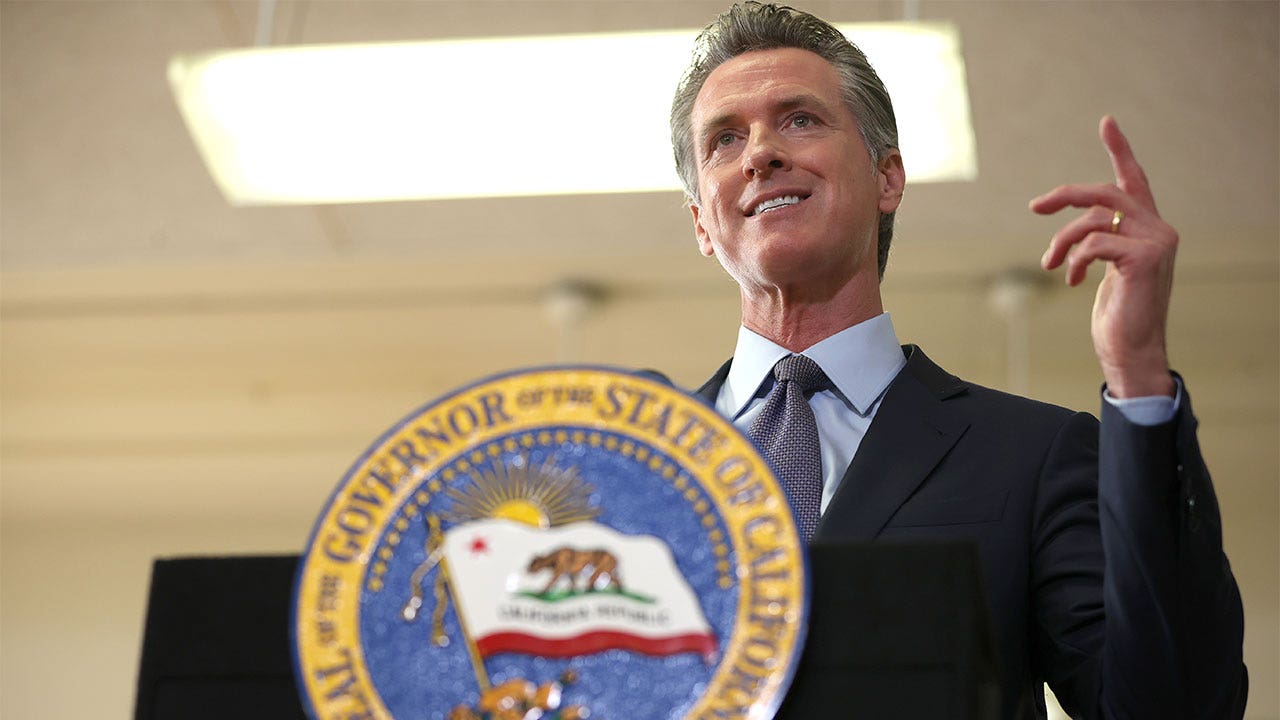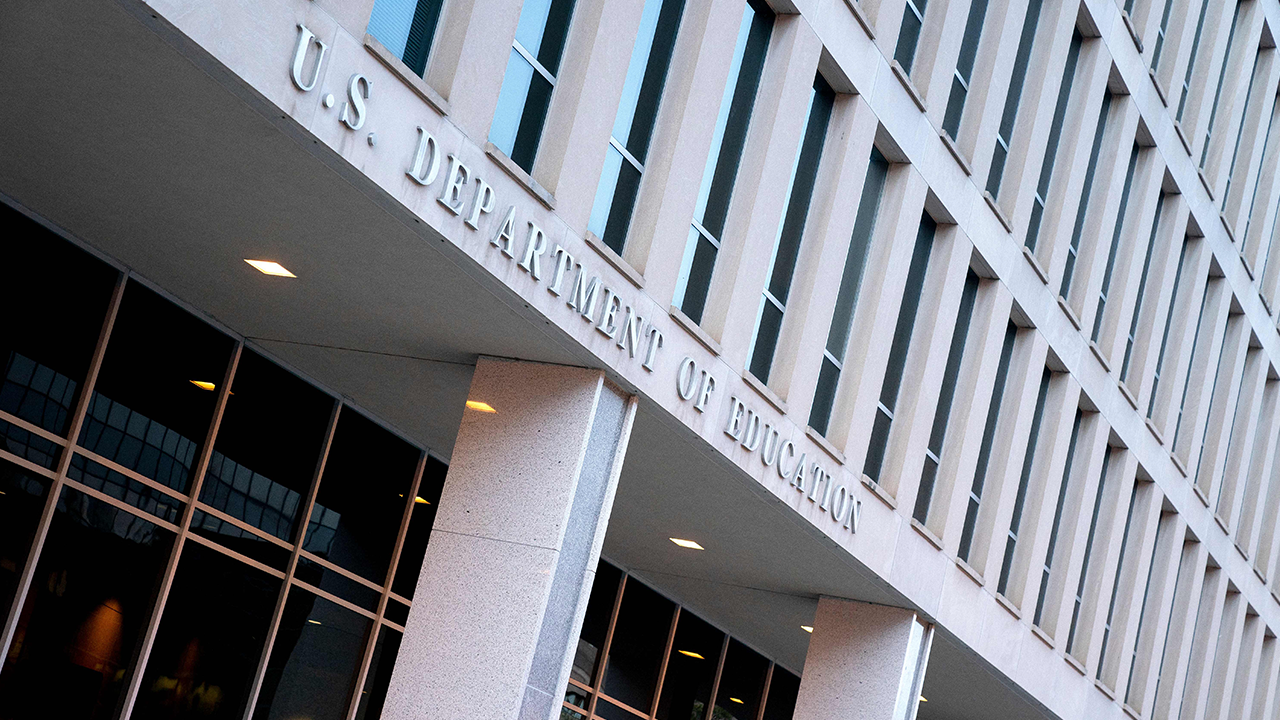Much of the world has been stunned – and gratified – by the unexpected success of the Ukrainian military against Russian President Vladimir Putin’s aggression. Ukrainian President Volodymyr Zelenskyy and his countrymen have reminded us that heart and courage can sometimes change a battlefield in unexpected ways.
And though Ukraine’s forces couldn’t have achieved this success without Western military and intelligence support – especially from the U.S., as our friends in Europe once again fell short of their commitments – Ukrainians have shown great courage. This courage has forced a fresh evaluation of the Russian threat in Europe, for which we should all be grateful.
But now, with Congress passing an additional $12 billion in Ukraine aid, I believe the time has come to ask a series of critical questions. What is America’s strategy in Ukraine? What is our goal? Can we achieve that goal without pushing Putin to use, in his own words, “all available means” at his disposal?
Our commander in chief has yet to answer any of these questions. I believe it’s irresponsible to spend $12 billion – and a cumulative total of at least $54 billion – to fund an effort that has no defined end.

Ukraine’s battlefield success raises questions for the Biden administration: What does the end of the war look like, and how does America get there without a conflict with Russia?
(Ukrainian Ground Forces/Handout via Reuters)
I have proudly backed every effort to support the freedom-loving people of Ukraine, and I’m proud of America’s significant role in their success against Putin. But the landscape of this war is not what it was two months ago, let alone when Russian boots first stepped on Ukrainian soil. That demands a change in strategy, or, at the very least, the clarification of our strategy.
The New York Times Editorial Board – a voice that is rarely and reluctantly critical of President Joe Biden – wrote in May about our $40 billion emergency aid package to Ukraine and the likelihood that Russia would threaten to use nuclear weapons. “These are extraordinary costs and serious dangers,” the editorial board wrote. “And yet there are many questions that President Biden has yet to answer for the American public with regard to the continued involvement of the United States in this conflict.”
Fast forward five months, when the costs are higher and the dangers even more serious. Still, these pressing questions for Biden remain unanswered.
Zelenskyy recently said that Ukraine would recapture Crimea by any means necessary. But it’s important to note that Crimea – which has been recognized by Russia as part of Russia since 2014 – has far more historical and cultural ties to Russia than it does to Ukraine. Putin would undoubtedly view offensive action in Crimea as an act of war in Russian territory.
Do we share that goal with Zelenskyy? If so, Biden needs to explain to the American people why it’s necessary to commit tens of billions more in direct economic and military assistance. More, he needs to brace the American people for a long and bloody affair in which it’s not just possible, but likely that we will see direct American and NATO involvement. Putin simply will not lose Crimea without expanding the war.
If the American people appear reluctant to make such a commitment, maybe it’s because we’re still dealing with the consequences of a long, costly conflict in Afghanistan during which, under this president’s leadership, we experienced one of the most humiliating withdrawals in American history.
CLICK HERE TO GET THE OPINION NEWSLETTER
Or is our goal to help Ukraine recapture its pre-February territory? If so, we must recognize two realities. First, even this more limited goal will prove to be a long and violent undertaking. And second, a protracted effort to expel all Russian forces from Eastern Ukraine will still increase the likelihood of the U.S. being drawn into direct conflict with Russia.
Putin’s reign – and ego – can survive a botched war, but not an utter humiliation by Zelenskyy and the United States. We’re already seeing signs of his desperation, as he recently mobilized an additional 300,000 troops and made another nuclear threat.

Russian President Vladimir Putin’s annexation of eastern Ukraine raises questions about how the war can end.
(Shutterstock)
CLICK HERE TO GET THE FOX NEWS APP
It’s clear that his escalation is a sign of weakness, not strength. But an animal is most dangerous when it’s injured and backed into a corner – his threats must be taken seriously.
The bottom line, though, is that America’s role in this war is far too ambiguous. There has been too much time passed and money spent for our mission to remain unclear. For Biden to leave so many questions unanswered – and for Congress to approve billions of additional taxpayer dollars while they remain unanswered – is a disservice to the people of both Ukraine and the United States.
 Iktodaypk Latest international news, sport and comment
Iktodaypk Latest international news, sport and comment







